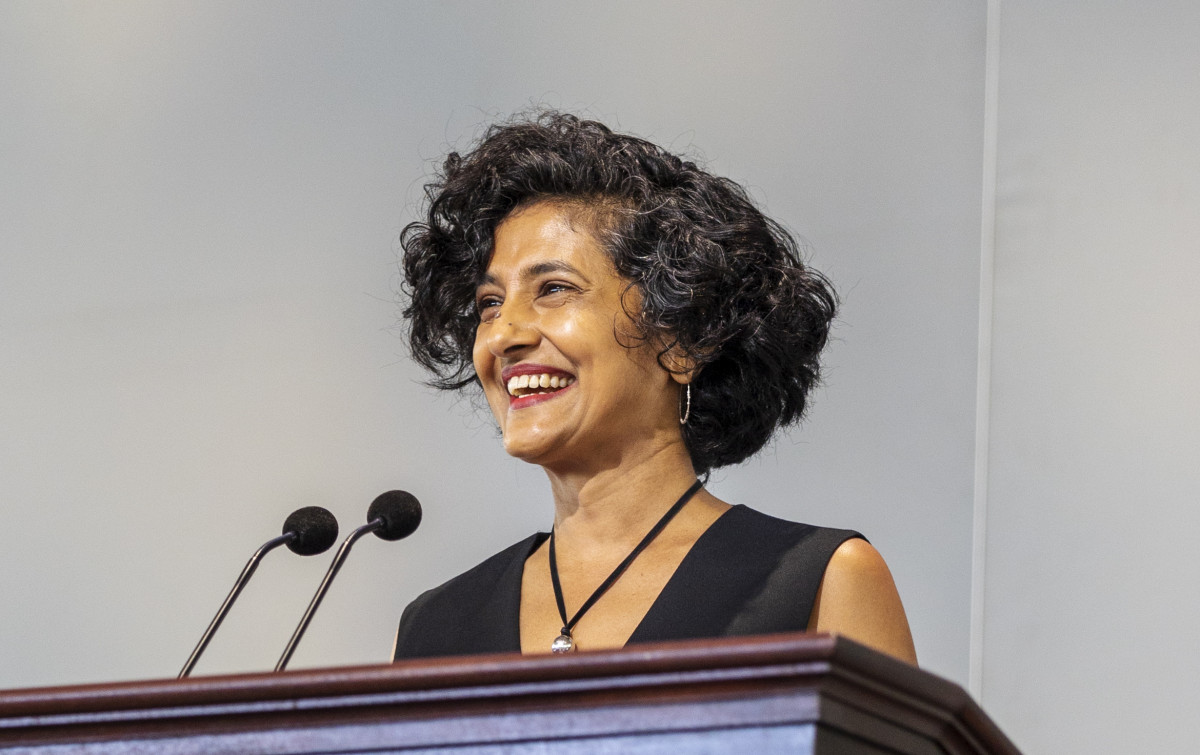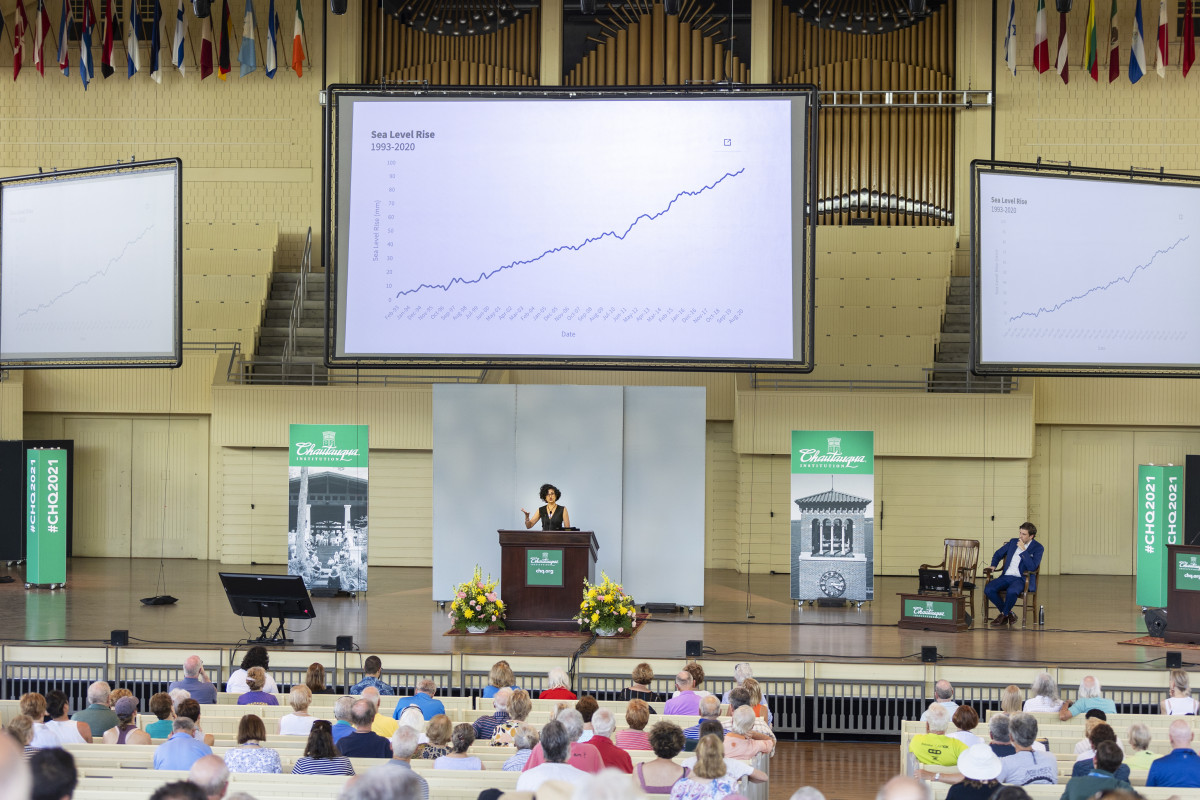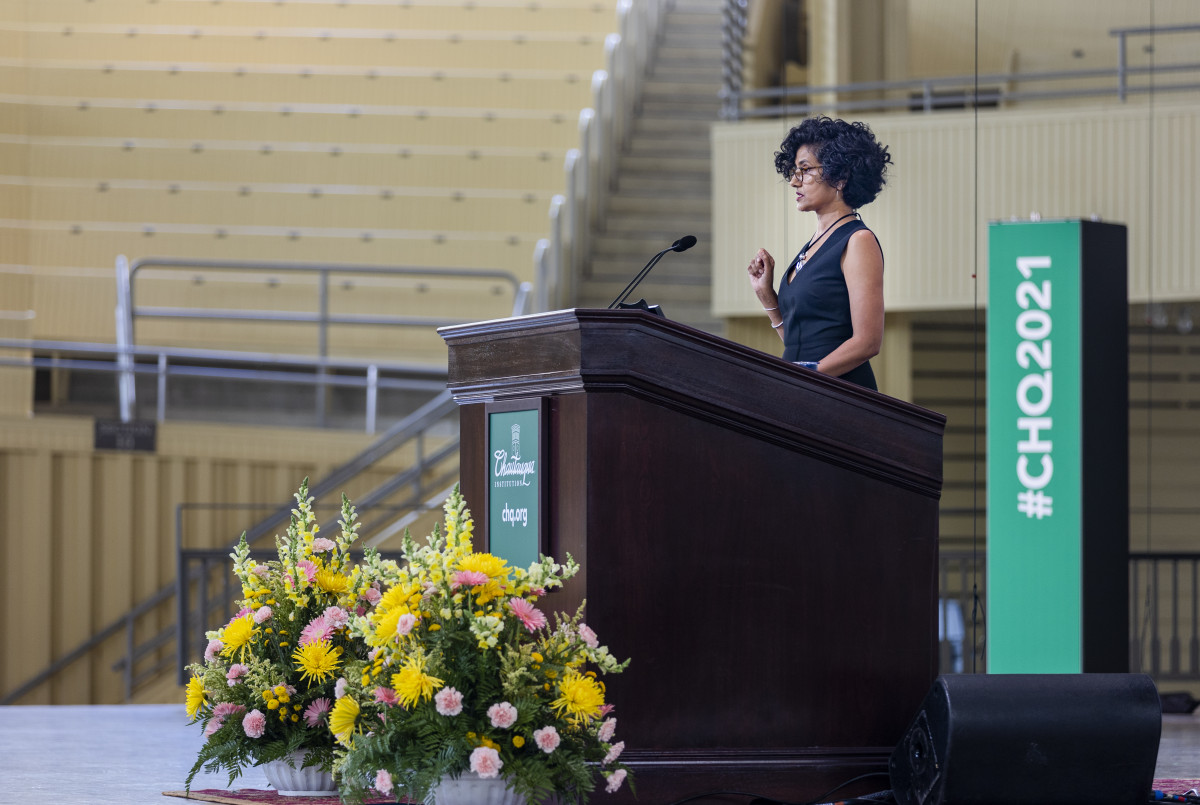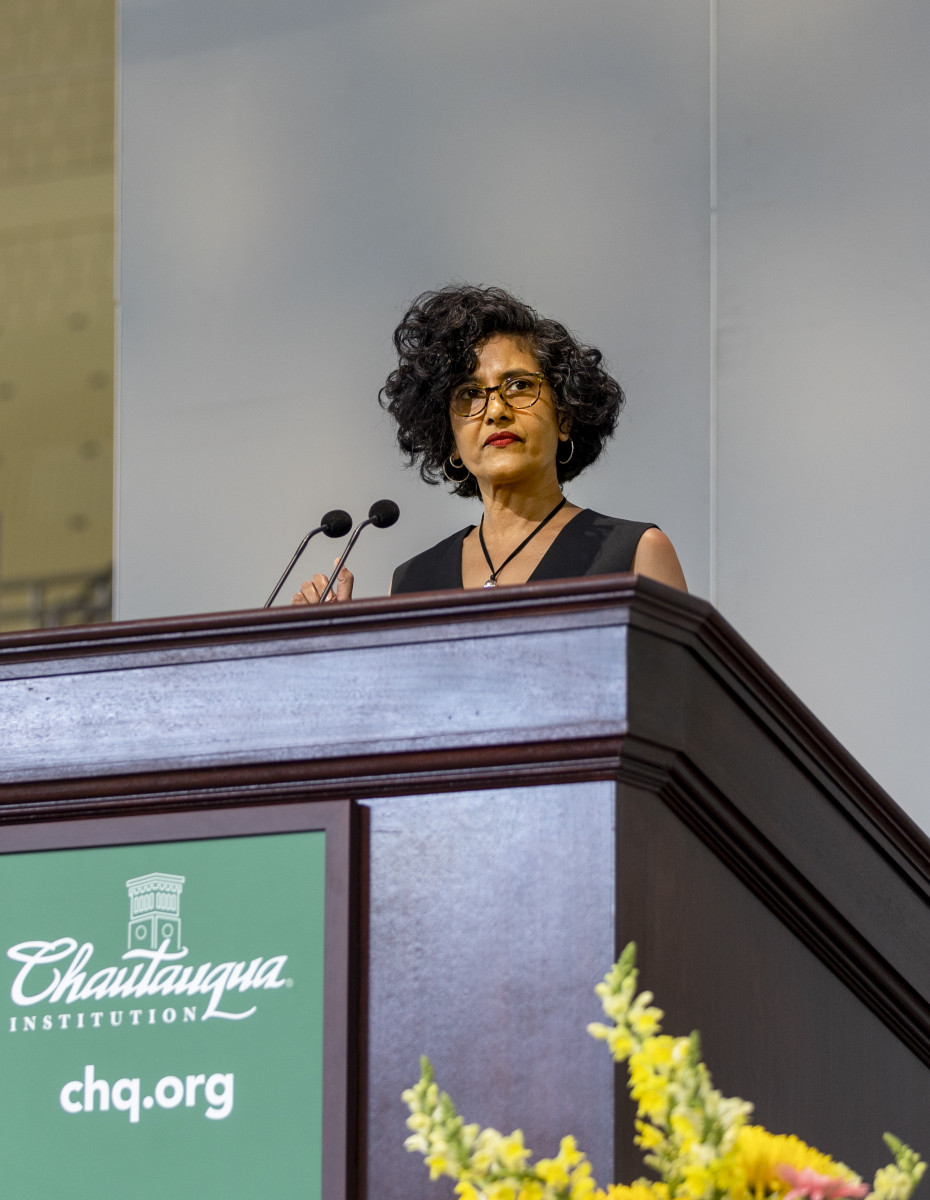NICK DANLAG – STAFF WRITER
President Joe Biden and President Xi Jinping cooperating to combat climate change, Somini Sengupta said, is like a couple in divorce court trying to plan their child’s wedding.
“In short, this is the biggest diplomatic test, in my view, for both of them — not just for their countries, but also for the rest of humanity,” said Sengupta, the international climate change correspondent for The New York Times.
The two largest economies and militaries in the world have had a complicated relationship, to say the least. Tariffs, trade wars and tensions over Hong Kong are just the tip of this decades-long and trillions-of-dollars-deep iceberg.
Sengupta said the global community, most importantly China and the United States, has to work together to effectively combat climate change. Biden and Xi, the leaders of the two largest carbon emitters, are at the eye of that storm.
And, Sengupta said, 2021 is the most important year, in the most important decade, in terms of climate change. Many scientists have estimated that the world must take drastic action by 2030 to prevent global temperatures from rising an average of 1.5 degrees Celsius from the industrial revolution, the estimated ceiling that humanity will be able to survive.
The world is already at 1.1.
As well as being a climate change reporter, Sengupta is the author of The End of Karma: Hope and Fury Among India’s Young and a former United Nations correspondent at the Times. At 10:30 a.m. on Monday in the Amphitheater, Sengupta opened the 2021 Chautauqua Lecture Series and delivered the first lecture in the Amp with a live audience in almost two years. Her lecture, titled “Can China and the United States Save the Planet?” is part of the Week One theme of “China and The World: Collaboration, Competition, Confrontation?”
“It is really my pleasure and my honor to be seeing your faces, in real life, IRL, and not being reminded to mute and unmute,” Sengupta said.
One of the first topics Sengupta touched on was the inequality around the impacts of climate change. Often, the communities with the lowest carbon footprint feel the greatest impact. She said this could be seen in many Southeast Asian countries, especially in coastal cities. Above her, on the three hanging projector screens, a photo of Manila was shown: the water from the sea ravaged the pictured buildings, an effect of rising sea levels.
“My job is to bear witness to the human experience, particularly the struggles,” Sengupta said, “of those whose stories do not often get told, and need to get told. So, for me personally, it is very important to be there and see and hear and smell.”
One assignment took Sengupta to Kenya, where many farmers’ livelihoods, she said, were no longer possible due to climate change, yet who “had no carbon footprint to speak of.”
She interviewed a man at a food distribution site who was profoundly impacted by climate change. He told her that in his life, one day he might wake up and find five of his cows dead and the next day 10, and then at the end of the year, he might spend money to replace them, only for it to happen again.
Farmers are impacted in the United States, too. Sengupta reported last year during the heatwave and wildfires in California, and focused on farmers, particularly those that pick and pack food. Sengupta interviewed and followed them as they worked in the fields. One young woman, and many others, would pick crops from 4:30 a.m. before the sun had risen, and by 10 a.m. it would be nearly 100 degrees Fahrenheit, and they would have to stop. They were even able to see the wildfire in the distance.
“I remember the day when I learned about what she was out there harvesting, at such an incredible hazard to her health,” Sengupta said. “She was harvesting dried corn that the rest of us would buy to decorate our Thanksgiving table.”
“As one economist said, ‘We own this problem,’ ” Sengupta said.
While the U.S. has emitted more greenhouse gases cumulatively over the past decades, China emits the most yearly, taking up 28% of global totals. The U.S. has around half of that, as does the European Union.
Despite other, more vulnerable countries bearing the effects of climate change, she said, the United States holds the most responsibility. The U.S. per capita emissions are the highest.
“Enter these two men,” said Sengupta as a photo of Biden and Xi appeared on the projector.
Sengupta said Biden is not coming into climate diplomacy with Xi from a position of strength. China dominates production in almost every industry, including sustainable energy. This includes solar panels, wind turbines and electric vehicles. In another milestone, Shenzhen, China, was the first city to electrify all transportation.
“In short, this is the biggest diplomatic test, in my view, for both of them — not just for their countries, but also for the rest of humanity.”
– Somini Sengupta
International climate Correspondent,
The New York Times
The need for climate action also comes at a politically tense time between China and the U.S., with the Chinese Foreign Minister Wang Yi saying cooperation depends on how the United States responds to China’s treatment of Hong Kong and Thailand. This minister said that if the U.S. stopped interfering in China’s “internal affairs,” then cooperation would be smoother. Biden’s administration, however, seeks to separate these two issues.
Sengupta said there were a few tests in the coming months that will be crucial to preventing global temperatures from rising before 2030, including how much the Biden administration can accomplish around climate change within a short time frame.
Biden committed to halving U.S. emissions by 2030, but the current version of the 2021 trillion-dollar infrastructure bill has very little to help achieve that goal.
“That makes this larger budget reconciliation process, in the coming days and weeks, really, really important for climate diplomacy, especially with China,” Sengupta said. “This is something that every major country is watching. What can the U.S. deliver?”
Matt Ewalt, vice president and Emily and Richard Smucker Chair for Education, opened the Q-and-A by asking Sengupta what some countries are doing well in terms of combating climate change.
Sengupta said that some countries are experimenting with reducing food waste, like Paris requiring supermarkets to donate food that is about to expire to food banks. Another interesting plan is adding seaweed to cow food. When cows eat grass, Sengupta said, they burp a large amount of methane. When seaweed is a part of their diet, this amount of methane is significantly less.
The closing question was a simple one: What can people do to help?
“Far be from me to tell people what should be done,” Sengupta said. “I am a reporter. I find out stuff and try to explain it in everyday language.”
She did recommend that people pay attention to the 2021 trillion-dollar infrastructure bill and listen to scientists.
“Listen to the people who are translating what happened,” Sengupta said. “Now.”
Her second suggestion is to talk about it. She said that the majority of Americans support more action on climate change but hesitate to talk about it out of fear of being divisive. It is also important to talk from a person’s own perspective, on topics like water shortages, food production to rising sea levels.
“If it is extreme heat you are concerned about, talk about it. If you are an elderly person in Portland, without air conditioning, in this heat, that is a hazard to your health,” Sengupta said. “So find out how to talk about it from where you are.”








